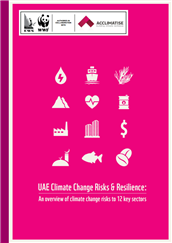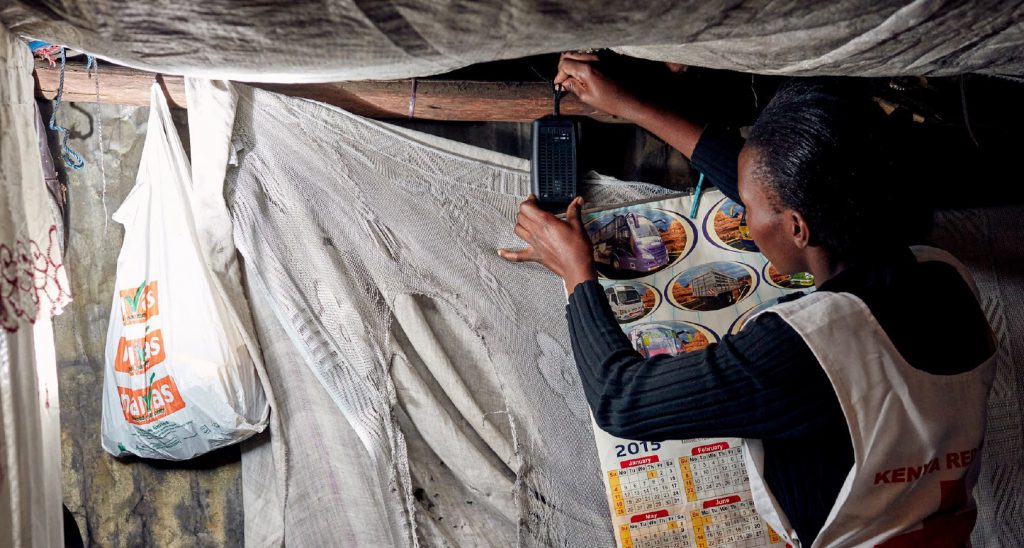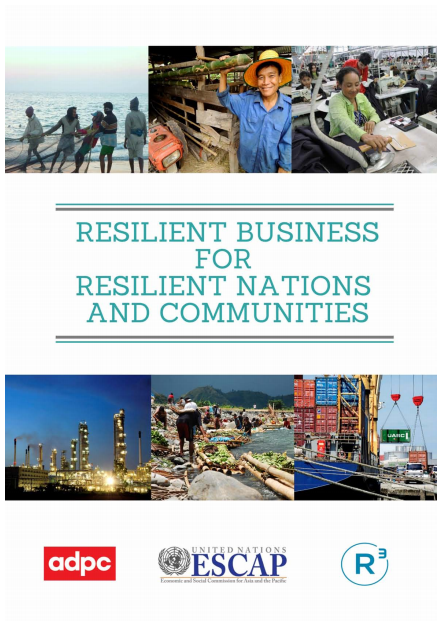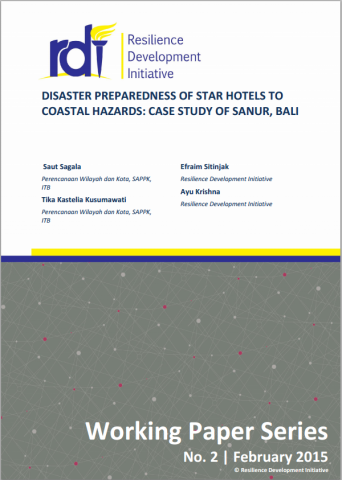Business Preparedness Initiative (BPI) Supporting Resources
A collection of resources supporting the Business Preparedness Initiative (BPI) of the GDPC. Visit the BPI Toolkit for complete guidance and how to use these resources.
Business Preparedness Initiative (BPI) Supporting Resources Read More »





